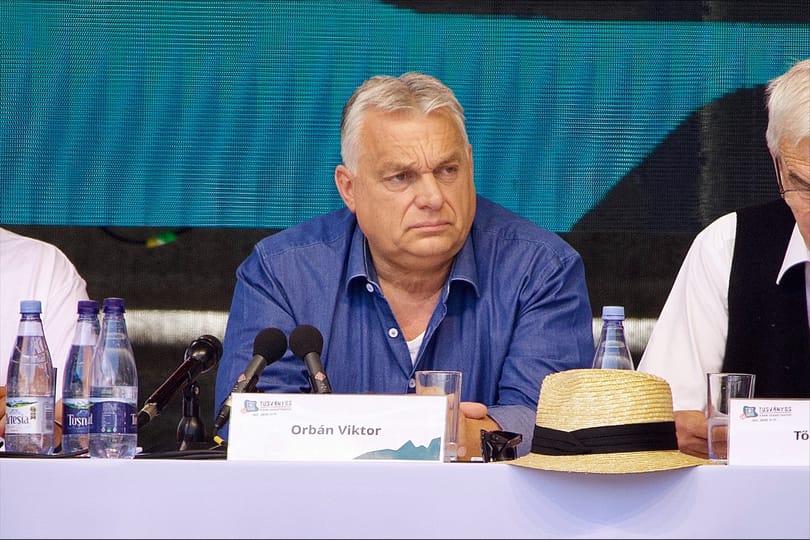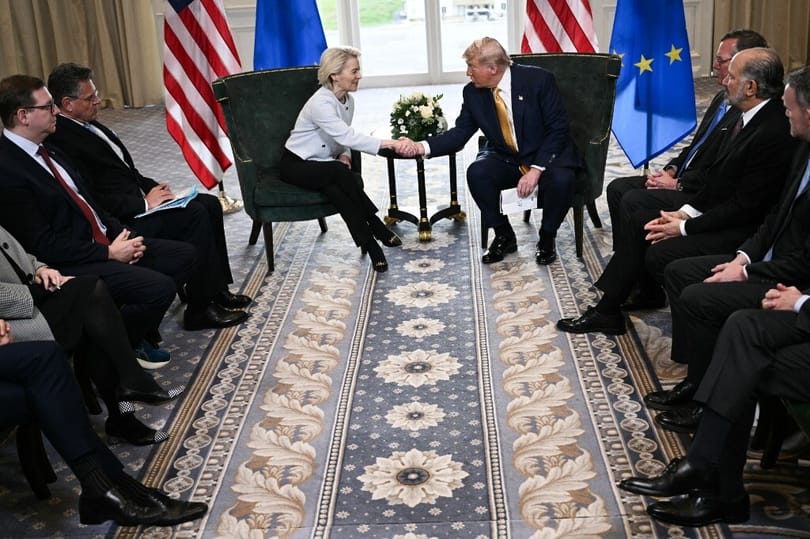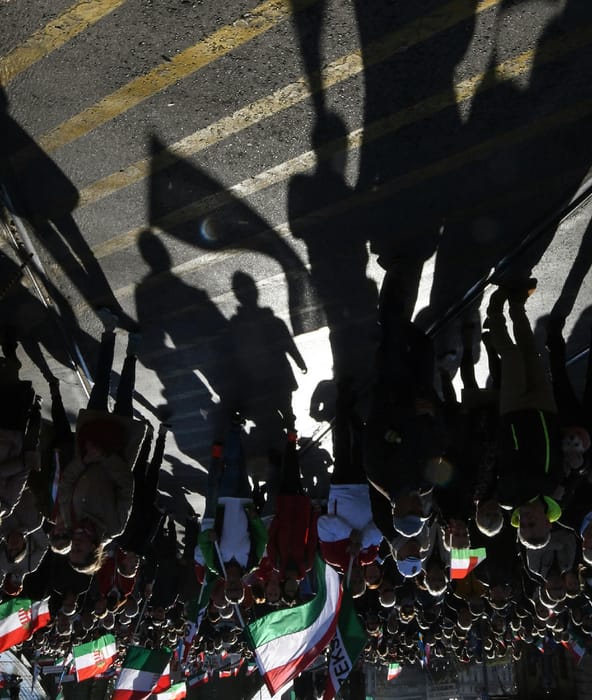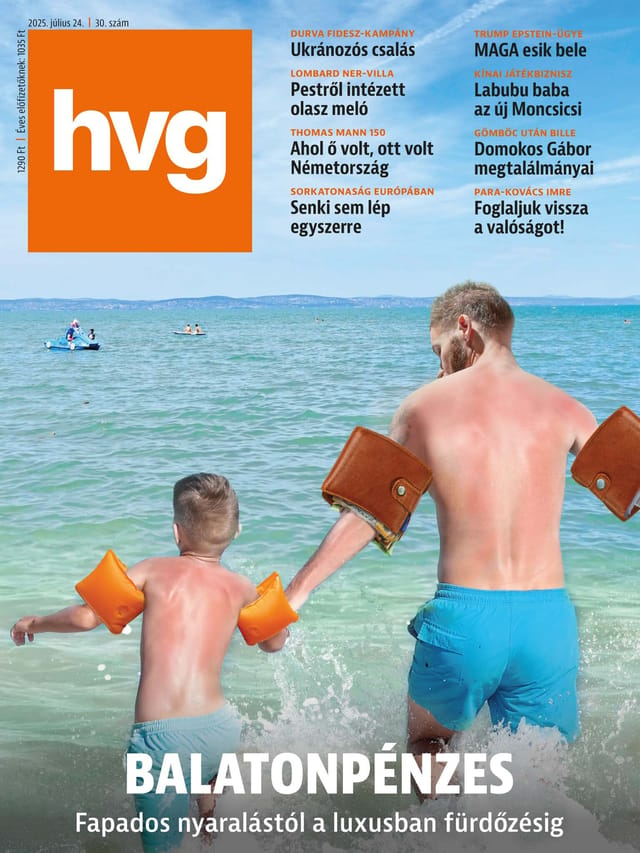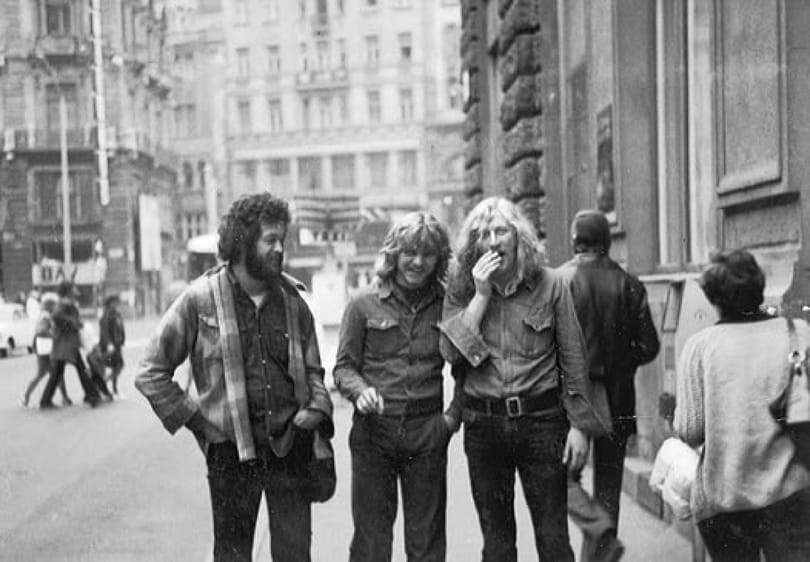Until now, anybody could be a member of a Roma, Slovak or German minority council, regardless of their origins, so long as he or she was prepared to stand for election under a false ethnic identity. If a candidate could persuade a few dozen, also non-minority, friends or relatives to vote for him, then he could be almost certain of becoming an elected delegate with some 'ethno-money' to distribute. But the law passed last year by parliament that aimed to put a stop to these abuses is amost a tragicomedy. From now on, only those who sign a declaration that they belong to one of 13 minorities can vote. Candidates must "know the language, culture and traditions" of their given minority. But how can the truth of a candidate's or a voter's declaration be verified? In Hungary, people have the right to choose their identity, as is appropriate in a democracy. There is no official record of people's ethnic belonging. If everybody is whoever they claim to be, then what is this all good for, apart from throwing away money?
We might assume that the "filtering" of candidates would only work if they were obliged to prove their knowledge of the language in question before a board of examiners. But this would not be effective. Take two relatively large minorities in Hungary. Plenty of people who never claimed to be Swabians speak good German. The opposite applies with the Roma: many Roma communicate in Hungarian on a daily basis, and speak only a couple of words of their ancestral tongue. So what is to become of them? This measure does nothing to stop swindlers, but excludes plenty of genuine members of minorities from their representative councils.
But the law discriminates in an even more serious way. It would clearly be a scandal if the law on elections declared that only existing parties could stand for parliament, and new parties and independent candidates were excluded. But this is precisely what happens with minorities. The rules do not provide an opportunity for independent candidates to stand for a seat. Only those civic organisations can stand which were founded before the law was adopted. This simply entrenches the existing minority elite in its place, excluding new candidates and reducing the level of competition.
The idea behind the minority councils was already flawed and dysfunctional. The organisations that exist now are weak, created with the aim of preserving minority identities. They do not deserve to be called councils. Councils should wield civic power. They should be able to raise tax, enforce regulations, fine transgressors and operate public infrastructure. The minority councils can do none of these things: they are simply ethno-bureaucracies that burn money.
It is hard to see the point of it all beyond a means of handing money to the leaders of these bodies. There are many effective ways of representing ethnic minorities. There are places where minorities have founded their own parties and won places in the legislature. In other places, ethnic parties have allied themselves with majority parties and made themselves important actors on the public stage. Members of minorities have also stood as independent candidates, working with larger parties, becoming known as minority "specialists."
Another model has the minority not taking part in politics directly, but organising itself via some form of alliance or league, and exercising influence by lobbying or co-ordinating the votes of its members. Of all these options, the system we have today in Hungary is the worst. The system we have creates fake institutions, rather like the World Alliance of Hungarians. The most recent change to the law has made the situation even worse.
Tamas Laszlo Papp


